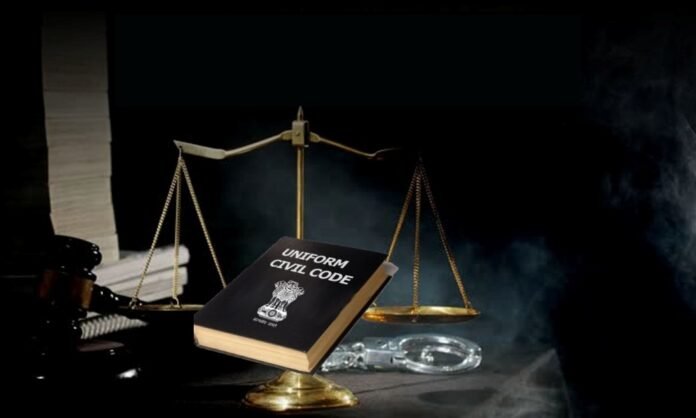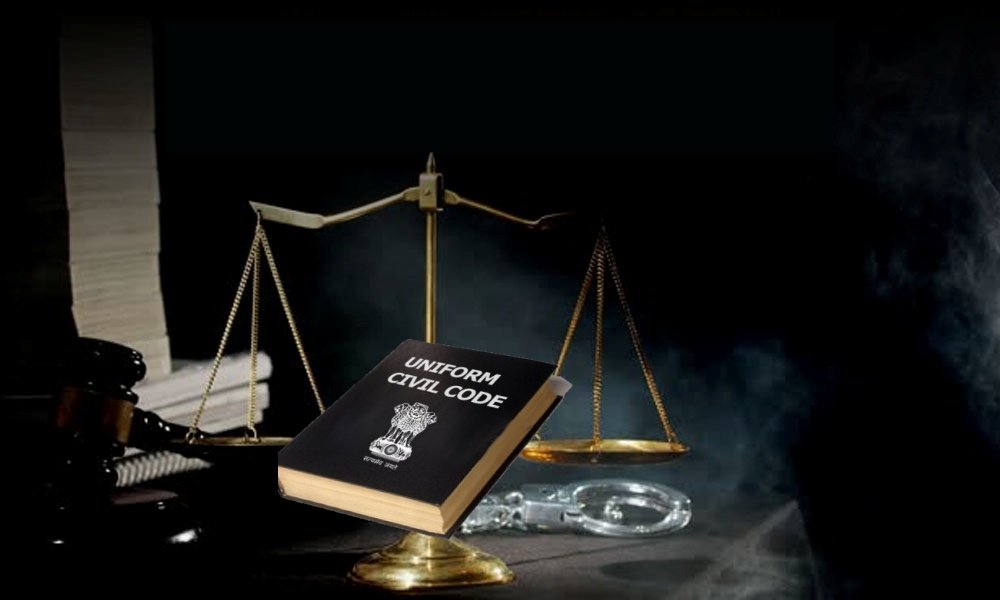
Gandhinagar: A Uniform Civil Code is likely to be implemented in the state ahead of the upcoming Gujarat Assembly elections in 2022. The Gujarat government had submitted a proposal to set up a committee to evaluate all aspects of implementing the Uniform Civil Code in the state, which has been given the green signal.
The constitution of a committee under a retired High Court judge has been approved to look into all aspects of the matter ahead of the Gujarat Assembly elections. Meanwhile, Union Minister Purushottam Rupala informed that the committee will be headed by a retired High Court judge and will have three to four members. Earlier, the Uttarakhand and Himachal Pradesh governments had announced their decision to implement the Uniform Civil Code.
Gujarat minister of education Jitu Vaghani, taking to Twitter to hail the government’s decision, said, “Uniform Civil Code” means that all sections of the society irrespective of their religion shall be treated equally according to a common civil law, which shall be applicable to all uniformly. “Development for all, equal rights for all, appeasement of none — the mantra of the double engine government of Gujarat! UCC is soon to be implemented in Gujarat! One Nation, One Law, and One Civil Code! Implementation of the Common Civil Code will bring about legal equality which will instill solidarity among citizens and speedy disposal of cases pending in the judiciary for years,” he wrote on Twitter.
Uniform Civil Code was included in BJP’s agenda
Significantly, the Bharatiya Janata Party included a Uniform Civil Code in its manifesto during the 2019 Lok Sabha elections. This is an issue that has always been discussed. BJP believes that gender equality will come only when the Uniform Civil Code is implemented.

What is Uniform Civil Code?
Uniform Civil Code means uniform rules for all citizens. That is, there will be a common law for every citizen living in the country, irrespective of religion or caste. On its implementation, the same law will be applicable in marriage, divorce, and the division of land and property. Which will be mandatory for people of all religions to follow.
The issue has been at the center of political narrative and debate for over a century and is a priority agenda for the Bharatiya Janata Party (BJP) which has been pushing for the legislation in Parliament. The saffron party was the first to promise the implementation of UCC if it comes to power and the issue was part of its 2019 Lok Sabha election manifesto.
Why is Article 44 important?
The objective of Article 44 of the Directive Principles in the Indian Constitution was to address the discrimination against vulnerable groups and harmonize diverse cultural groups across the country. Dr. B R Ambedkar, while formulating the Constitution had said that a UCC is desirable but for the moment it should remain voluntary, and thus Article 35 of the draft Constitution was added as a part of the Directive Principles of the State Policy in part IV of the Constitution of India as Article 44. It was incorporated in the Constitution as an aspect that would be fulfilled when the nation would be ready to accept it and the social acceptance to the UCC could be made.






















































